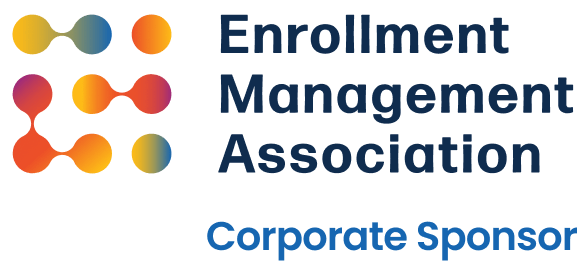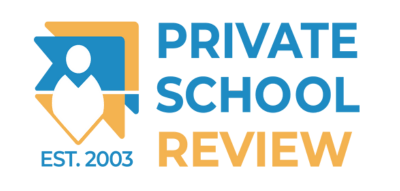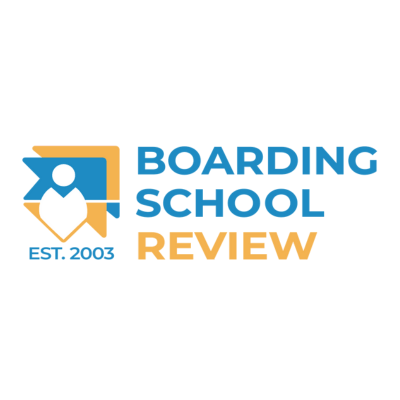(Hint: Lean On Your School Values)
by Liz Yee, Director of Marketing, Truth Tree
In my nearly 15 years of working in schools, never have the stakes been higher, enrollment pressures more daunting, and the future less clear. I have learned a lot about what it takes to sell a private school education. This year, in particular, forced me to be more strategic and creative as I had to convey to parents how our school was the right fit for their child. And I had to do that all from my basement home office without allowing anyone to set foot inside the school buildings.
Board members, faculty, and fellow administrators peppered me with questions all year: “How are you describing the program?” “Are you selling something that will exist next year?” “We don’t know yet what next year will look like, so what are you describing to prospects?” I was surprised every time these questions were posed, and bewildered as to why folks were so concerned about what I was conveying to parents. But, I soldiered on. Every Friday, I simply “walked” prospective parents via Zoom through our mission, values, program, and facilities, fielding their questions. .
Were we going to offer on-campus learning next year? What about specials–how are they taught? Will the bus run again? Will you offer After Care next year? What are the class sizes? While these questions were relevant and important to the decision making process, most parents knew that I didn’t have exact answers. The exchange almost became comical, and at times I had to chuckle. Parents would begin their questions by saying “Liz, I know that you don’t know the answer, but….” Or my favorite was “I know it’s unfair to even ask you this, but…” I know why parents were asking these questions: how on earth can they make a school choice and enroll their child in a program that’s in flux? Pre-pandemic, I could answer any question that came my way like a boss. This year, I had trouble responding to parent’s questions with confidence because, well, who knows what school life will look like in 8 months? I’m still searching for that crystal ball…
Despite not having the answers, what I was doing was working. My weekly tours were jam packed and applications were up. I was pleased with the amount of interest that came our way. I relied on my nine years of experience at the school: what I deeply know of our program, our mission, our values, and our approach to teaching and learning. As I delivered information to parents in an intentional, mission-based way, in the end, specific answers to their questions didn’t really matter. I guided parents to look past the nuts and bolts and scary unknowns. They got to know us for our intentionality, care for children and parents, and the lens with which we see children whether they are learning on-or-off-campus. No matter what shape the future holds, our program will be solid—because of our values.
It was effortless to answer parent’s questions through the lens of the school’s history and foundation. Everything we know about children’s growth and development permeate our decisions and the pandemic didn’t change that. I sold the school based on what I knew to be true and real, and the applications kept rolling in.
As we look to the future with more uncertainty (Ack!), I’d encourage you to return to your school’s roots. Re-read the mission statement, reflect on what you know to be real and authentic. Weave those talking points into your conversations with prospects. To get you started, here are a few tips to formulate your messaging:
- Jot down the most frequently asked questions you received this year. Yes, write them all down. And take note: are these “new” pandemic-influenced questions? Or are the questions, perhaps phrased differently, those that come up every year in your admissions process?
- Put the questions in buckets so you can identify themes. Are they questions around logistics, program, facilities, extra curriculars? Wrangle them into separate categories.
- Reflect on your school values, philosophy, approach to teaching and learning. Think through all of the core areas that define your school. You know what these are: your parents use these words to describe your program, when your faculty are talking to prospective parents, these concepts are “top of mind” for them. You might also find them in a marketing plan or branding work you’ve completed, but mostly it’s really in the “ether” of your school.
- Then, see what matches up! What about your core values will answer questions from prospective parents? For example, if parents asked whether or not we would have After Care next year or what it looked like in the past, I would answer those questions, but also describe how the intentionality from the school day is consistent after school too. Or, if you have questions about class size, give the information about what they look like now, what they looked like in the past, and then underscore how your school “thinks” about class size, teacher/student ratios, and what your program needs for children to be successful.
- Work on making it effortless. This is the part that takes time. For me, I knew the school deeply and I knew what parents needed. So, it was easy to make the leap from answering questions to moving parents through an experience that re-sold our program over and over. This takes practice. To be honest, I might have been using this approach with parents for years, but the challenges of this year made me take note.
After doing this exercise, you’ll have a good head start on identifying your talking points and syncing your answers to questions from worried parents. Having a solid-down-to-your-core understanding of your school is crucial whether we are selling schools in a pandemic, or not.











